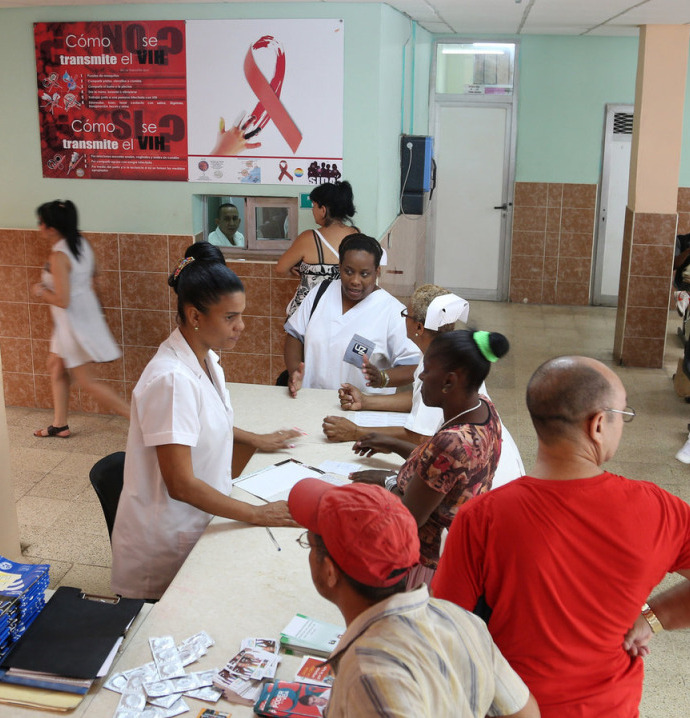UN chief says world on way to ‘generation free of AIDS’
UN Secretary-General Ban Ki-moon said Tuesday the world was headed for a “generation free of AIDS”, after UNAIDS reported a 35-percent drop in new HIV infections from 15 years ago. The positive news was also coupled with calls for more funding, with the objective of eliminating the virus by 2030. The United Nations also warned that continuing stigmatisation of sex workers, drug users and homosexuals were barriers to progress. According to the UNAIDS report released on Tuesday in Geneva, there have been remarkable strides since the advent in 1996 of anti-retroviral drugs, which suppress the human immunodeficiency virus (HIV).
Stigma, discrimination and punitive laws continue to affect the people most impacted by HIV and to block their access to HIV services in every region of the world.
UNAIDS report
Though not a cure, the therapy creates a virtuous circle. The less the virus is in circulation, the less likely it is that people become infected. Although new HIV infections declined to two million in 2014 against 3.1 million 14 years ago and the number of new infections has noticeably decreased or remained stagnant, UNAIDS warned spending had plateaued. The UN has set up an ambitious treatment target to help end the AIDS epidemic, aiming to ensure that 90 percent of all people living with HIV will know their status and that 90 percent of those diagnosed with HIV will receive anti-retroviral therapy.
During the first decade of the epidemic, there was very little to offer someone dying from AIDS.
Michel Sidibe

Health AIDS